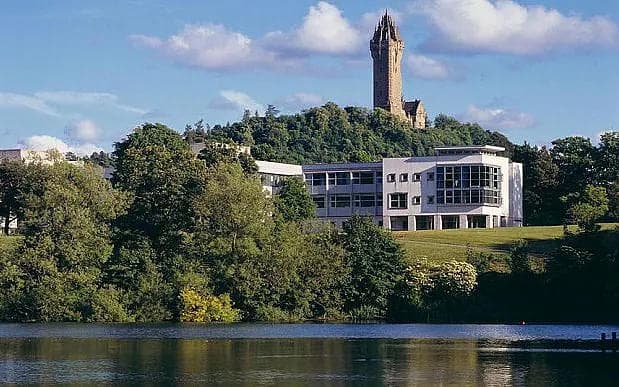MRes Historical Research at University of Stirling
Stirling, United Kingdom
- Tuition Fee £ 20,600
- Country Rank-
- Duration12 Months
- Score IELTS: 6.5 TOEFL: 80
Program Overview
The Master of Research in Historical Research is a one-year research preparation Masters intended to prepare postgraduate for a research-based career and enable specialisation in particular historical topics.
The MRes is designed to:
- train historians
- demonstrate your ability to undertake research to doctoral level at Stirling or other universities in Britain and overseas
- provide a foundation for applications to research councils (AHRC, ESRC) and doctoral training partnerships (including SGSAH) that fund PhD research
- prepare you for a research-based career
- enhance career prospects and career development
These aims are achieved through the completion of independent study modules and skills training conducted under supervision. You’ll be allocated an individual supervisor to direct your study and plan the curriculum to reflect your interests and requirements.
Our course prepares you for further research by:
- Undertaking project design, identifying research questions, and presenting research findings
- enabling qualitative and quantitative data analysis
- practical experience in applying research methods to interrogate primary sources
- skills development in applying bibliographical software and database management
- developing written and verbal critical analysis
Cost Of Studying At University of Stirling
Interest rates as low as 8.9% *
250K+
Students Assisted
800Cr+
Loan Amount Disbursed
5000+
Loans Sanctioned
Check Loan Eligibility
Powered by
